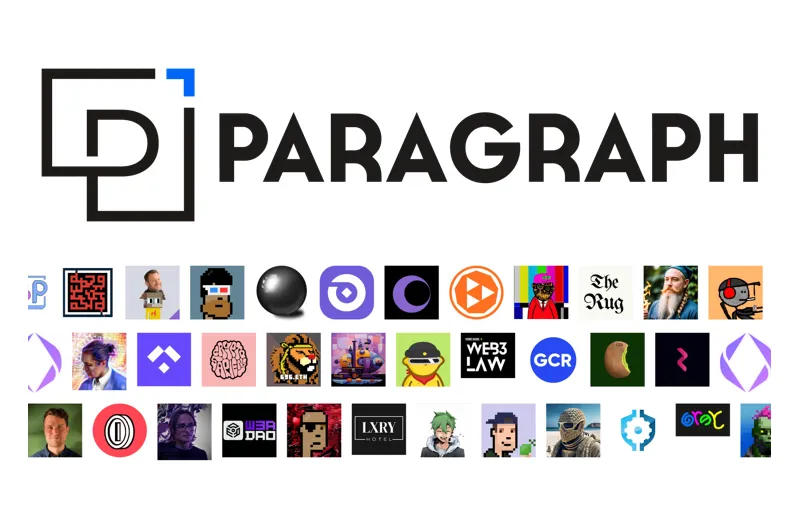
Last week, Web3 publishing startup Paragraph announced the acquisition of its competitor Mirror, an Ethereum blogging platform and a rising player in the space. This move, coupled with Paragraph's $5 million funding round boosted by industry heavyweights Union Square Ventures and Coinbase Ventures, shows the firm's strategic effort to streamline onchain publishing and strengthen its position in DeSoc segment.
Launched in late 2020, Mirror is a suite of tools, including decentralized storage, crowdfunding, and NFT integration, empowered creators and established them as a prominent force in the Web3 publishing ecosystem.
According to a press release from Paragraph, Colin Armstrong, Paragraph's founder, will assume the role of CEO, and Denis Nazarov, Mirror's founder, will take an advisory role.
Today, we're excited to announce:
— Colin Armstrong (@colinarms) May 2, 2024
- Paragraph is taking ownership of the Mirror product
- We’ve raised $5m from USV and Coinbase Ventures
We're thrilled to accelerate our mission of fundamentally changing how creators build & grow direct relationships with their audience.
Paragraph, founded in October 2021 and led by Colin Armstrong, a former Google and Coinbase engineer, initially targeted a Web2 audience similar to platforms like Substack. Since then, Paragraph has emerged as a leader in on-chain publishing, fostering a strong presence within the Farcaster (a decentralized social network built on Ethereum) community and innovating with new subscription and messaging features.
The short-term impact for creators appears negligible. Both platforms will continue to operate as usual, ensuring continuity for content and access to publishing tools. However, Armstrong hints at a future merger, suggesting a unified platform with potentially stronger capabilities.
"We want to combine the products at some point, but in the short to medium term we are just going to be chatting with the top creators on both products just to determine what people love on each," Armstrong said in an interview Coindesk.
This merger could be particularly interesting for creators who utilize both platforms' functionalities – for instance, those who leverage Paragraph's subscription model alongside Mirror's NFT integration capabilities.
Kiosk: Where Blockchain Meets Social Media
Beyond the acquisition, Mirror's parent company, Reflective Technologies Inc., has turned its focus to developing Kiosk, a Web3 social platform designed to integrate blockchain and e-commerce more deeply into social media. Funded by a separate $10 million round, Kiosk operates as a client for Farcaster. Kiosk's key innovation is facilitating the seamless embedding of digital assets, like NFTs, directly into social media posts.
This is an important advancement in social media interaction, allowing users to display NFTs and access functionalities like viewing blockchain addresses and even purchasing them directly through the platform. Kiosk's success hinges on its ability to integrate seamlessly with existing social media habits while offering clear advantages over traditional platforms. Widespread adoption of NFTs and other blockchain-based assets will also play a crucial role in determining Kiosk's long-term viability.
While the merger of Paragraph and Mirror promises a more robust platform for creators, Kiosk's innovative approach has the potential to revolutionize how users interact with digital assets on social media. These developments suggest that decentralized social networks (DeSoc), where the creator economy and social media become increasingly intertwined, are still the focus of the crypto industry's top players. Further, the consolidations and specializations between participants will draw a new shape for the novel segment.

